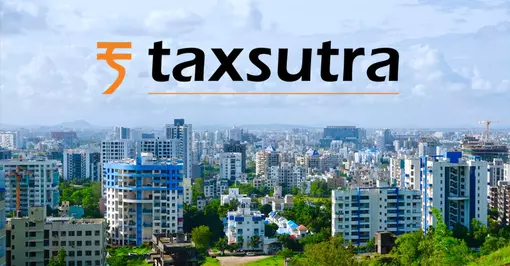The Indian High Court grants interim relief to Google Asia Pacific Pte. Ltd.
Indian High Court directs withholding tax at 8% on Google’s receipts as interim measure in dispute over interplay of equalization levy & royalty/FTS

The Indian High Court (Delhi HC) grants interim relief to Google Asia Pacific Pte. Ltd., allowing the Assessee to receive its payment from Google Cloud India Pvt. Ltd. (GCI) subject to a deduction of 8%, to be paid to the Revenue (Indian Income Tax Department) progressively.
The Assessee-Petitioner, a Singapore-based entity engaged in the business of providing cloud services in India, filed a writ petition challenging the withholding tax certificate directing GCI to withhold tax at 10% on payments made to the Assessee. The HC takes note of a similar issue pending in a writ petition preferred by Sumo Logic and order for the listing of the Assessee's writ petition before the Joint Registrar on 11 May 2022 for completion of the pleadings.
The Assessee sought a direction to permit GCI to make payments to the Assessee without deduction of tax for assessment year 2022/23 (equivalent to financial year 2021/22). The Assessee submitted that since the Assessee has already subjected itself to an equalization levy of 2% on the payments under consideration, the withholding certificate creates a double jeopardy (namely by asking GCI to withhold tax at 10%), thus, without prejudice to the rights and contentions, the Assessee being permitted to receive the remittances, after suffering a withholding tax of only 8%.
The HC notes Revenue’s proposal that instead of directing GCI to deposit 8%, the Court may direct GCI to deposit INR 986.9 million (inclusive of surcharge and cess) on the estimated payment of INR 11064.1 million under the Google Cloud Services Reseller Agreement. It refers to a coordinate bench ruling in Epcos Electronic Components and Indian Central Board of Direct Taxes (CBDT) FAQ of 19 July 2013 whereby it was clarified that no additional surcharge and cess is to be applied over the 10% rate as prescribed under the DTAA. Thus, it rules that “purely as an interim measure, the Petitioner would be entitled to receive its payment from GCI subject to a deduction of 8%...” and clarifies that the deposit of 8% should not be treated as any non-compliance of the impugned order under section 195(2) of the Indian Income Tax Act.
Taxsutra Note: Section 195(2) of the Indian Income Tax Act empowers the CBDT to prescribe the form and manner in which online application can be made to the assessing officer to determine the appropriate proportion of sum chargeable to tax on which tax is required to be withheld.